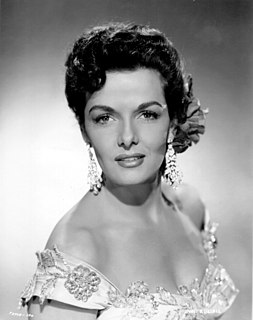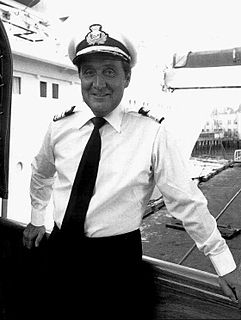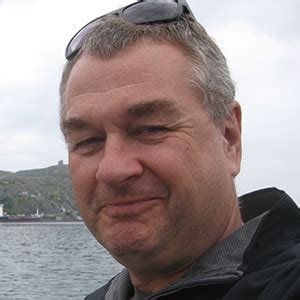A Quote by Lindsey Morgan
I remember I had a low point when I was working on a soap opera, 'General Hospital,' five years ago. It was my first real job, and it was so overwhelming. You would work five days a week and have to learn sometimes up to 30 pages of new dialogue a night, then have one take to shoot it all, the next day.
Related Quotes
I'm so used to artists saying to me, "Listen, I'm going to have five pages done next week," and then three weeks later I'm phoning them, begging them for two pages. And Stuart [Immonen]is a guy who will promise you five pages and deliver six pages, and the six pages are even better than you could have ever imagined.
You might have, as a character, 30 pages of dialogue a day if you're what they call a 'front-burner story.' So you go home, you learn your lines for the next day, you get up, you're there at 7 in the morning, you do a quick rehearsal, you're on camera, you might leave, you know, at 7 at night and start the whole thing over again.
I was a journalist. I was a drummer. I was everything. I didn't know what the heck I was. But with Jack Paar, the job was very specific - no confusion. You came in each day. You wrote five pages of jokes. You handed the pages in... The pressure was to write five pages of jokes every day. I did it, and I thought, 'This is what I like to do.'




































